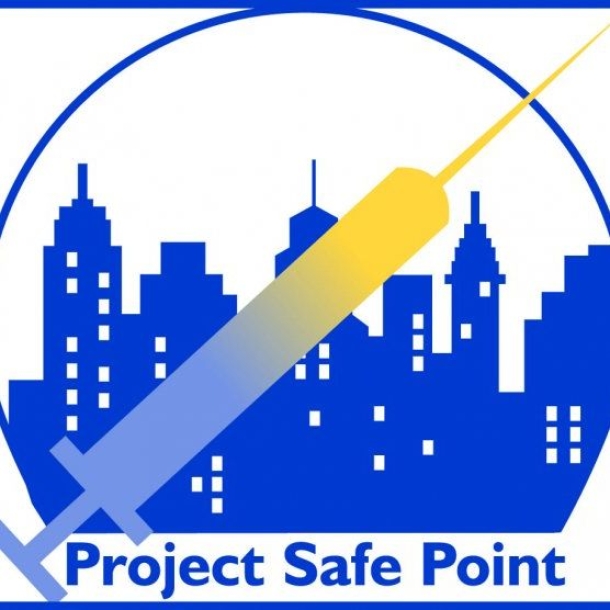Jail Reentry for People with Substance Use Disorders Part 2: Creating a Continuum of Care
Mar 16
2:00 PM
Tagged In:
Speakers

Valerie Hardcastle, Ph.D.
St. Elizabeth Healthcare Executive Director of the Institute for Health Innovation and Vice President for Health Innovation

Ed Fox
Director, Project Safe Point